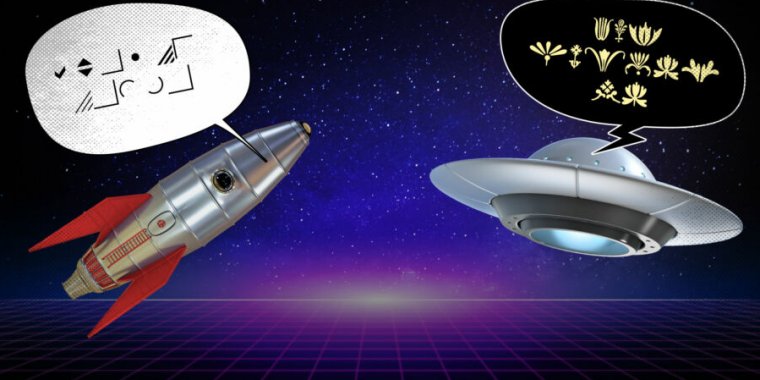So, your question made me look it up, to find the original background - "bobs your uncle" doesn't mean much unless you already know the phrase, but it's essentially like "easy as pie" "piece of cake" (to imply something being easy)
It's not definitive, but it's theorised that the phrase came from a bit of 19th century Trumpism, when a British PM (named Robert) appointed his nephew as Chief Secretary of Ireland.
I guess a modern day American equivalent might be in reference to Jarred Kushner as "Donald's your dad in law".
Up here in the boondocks I decided to switch to "... and Bob's your uncle!" from "et voilà!" after 2003 when the US and the French had got in a series of tariff spats over the latter's lack of support for the invasion of Iraq.
Remember some US folks insisting on saying "Freedom fries" instead of French fries? Yeah. Well some of those folks live around here. They thought it was great that the US price of imports like camembert and brie went through the roof, too: "Let them keep their damn cheese". Same as later on when the Trump administration put up tariffs on European steel and aluminum... the EU then laid taxes on stuff like USA's orange juice, peanut butter, Harley-Davidsons... and I remember folks here saying the French didn't deserve a good bike anyhow (this despite the fact that that tariff meant lower revenues for a struggling American enterprise!)
Anyway I started giving "Bob's yer uncle" a shot instead of "et voilà!" figuring there are lots of Scots-Irish folk around here, as in all up and down the Appalachian Chain, but was surprised to draw puzzled looks most of the time, except from people my own age or older. OK, so around here for most younger people, history started somewhere around the time Ronald Reagan said it was morning in America again.
So I finally settled for "Nothin' to it!" which went over fine but by then was definitely an overstatement of sorts every time I heard myself say it.
Honestly I love living in the mountains once again, not that far from where I was born, but I have to say there's a lot about the prevalent mindset that is way different today compared to what I was born into as WWII was concluding. The feeling of camaraderie towards the British and French was a lot stronger then, doubtless because of what the allies had been through together and a sense of shared sacrifice among families "across the pond".
I do love thinking about origin of words and phrases though, even words in the same language that describe things of similar shape but possibly different purpose or size, etc. Like who decided to call a fork "fork" and a spoon "spoon"? versus larger utensils like "harpoon" and "shovel"?
I've also been fascinated by how some languages have picked up English words now as their own, when they didn't happen to have a word of their own for something, yet English itself has borrowed so many words from other languages.
This borrowing is still common, especially in areas of advanced technology, and I think particularly in countries like India or Pakistan where there are a zillion dialects but almost everyone is taught English, so it's simpler just to say "hard drive" rather than fish around for whatever expression might have first been used to describe such a piece of gear in one or another "first language" dialect in those countries. It's just startling to hear a couple people chattering in say Urdu on a NYC subway line, and have the term "hard drive" pop out in mid phrase...
Some countries, France among them, are very protective of their own language, and work hard to deny the rise of "loanwords" from elsewhere. But there's probably no place as hardcore about it as Quebec,according to a
piece in Bloomberg awhile back:
Officials in the Canadian province are particularly aggressive about language issues, given their status as a lonely Francophone island in North America. Previously, Quebec officials have tried to insist on such mouthfuls as
coup d’écrasement for the tennis term “smash” and enforced the term
un parc de stationnement where the French happily say
un parking. (Recently, the office is said to be adopting a
more lenient approach.)
At least you won't get a raised eyebrow in Montreal if you say "... et voilà!"

